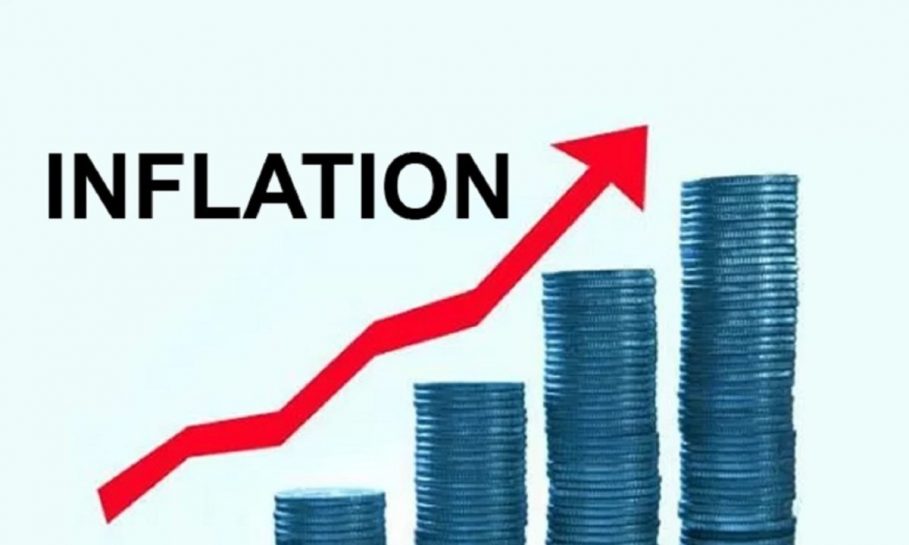The Fiscal Policy Partner and Africa Tax Leader at PwC, Taiwo Oyedele, said the Naira exchange rates unification by the Central Bank of Nigeria (CBN) will result in positive and negative implications.
Oyedele stated in a Twitter post on Wednesday, 14 June, that the naira devaluation will significantly increase government debt in naira terms by about N12 trillion to N90 trillion.
Join our WhatsApp ChannelDue to the increase in government debt in naira terms, the debt to GDP ratio will increase by about 5%, likewise a rise in debt service cost.
He also explained in the post titled; ‘10 major implications of Naira exchange rates unification’, that government’s revenue will increase in naira terms resulting in a higher tax/revenue to GDP ratio, although he said Corporate tax collection may decline due to the higher exchange rate.
Oyedele warned that to tackle the negative effects of the floating of the naira, President Bola Tinubu’s government should be ready to supply forex to stabilise the exchange rate in the short term and unban the list of items prohibited for foreign exchange, and instead, complement with higher import duties.
“Overall, this is a positive move. However, the government needs to manage the dynamics to restore confidence. The backlog of forex demands need to be addressed and government should be ready to supply forex to stabilise the exchange rate in the short term.
“Also relax capital control and administrative bottlenecks including unbanning the list of items prohibited for fx (and complement with higher import duties), remove the need for certificate of capital importation etc to prevent the parallel market rate from simply moving further away from the official market rate.
“Stop the demand for certain taxes and levies in foreign currency, it creates unnecessary fx demand without adding to supply.
“The aggregate demand for fx across markets should reduce as round-tripping incentive is removed, for instance people who fake foreign travels just to get fx at discounted rates.
“Also, Nigeria’s sovereign credit rating should improve if this is complemented with the right fiscal and monetary policies thereby attracting more fx inflows and lowering the cost of borrowing,” he wrote in the post.
Below are the 10 major implications of Naira exchange rates unification
- Significant rise in government debt in naira terms by about N12 trillion to N90 trillion i.e. external debt of $42bn will increase by the difference between the old and new rates.
- As a result of the above, debt to GDP ratio will increase by about 5%
- There will be a corresponding increase in debt service cost with respect to foreign debt service
- Government’s revenue will increase in naira terms resulting in a higher tax/revenue to GDP ratio. Corporate tax collection may however decline as many businesses crystallize forex losses due to the higher exchange rate.
- Possible reduction in budget deficit if government’s forex revenue exceeds foreign currency obligations, an increase in budget deficit will arise if otherwise
- Possible impact on the pump price of petrol which could inch closer to the current pump price of diesel
- There should be some cost savings as government discontinues with the various fx interventions e.g. Naira4Dollar, RT200 etc which cost tens of billions of naira
- The country will attract fx inflows especially from portfolio investors, FDI and exporters proceeds. Impact on diaspora remittances would be marginal.
- The capital market will benefit as it is likely to appreciate further as foreign investors take position
- There should be negligible impact on the general prices of goods and services as products already factored in parallel market rates to a large extent.














